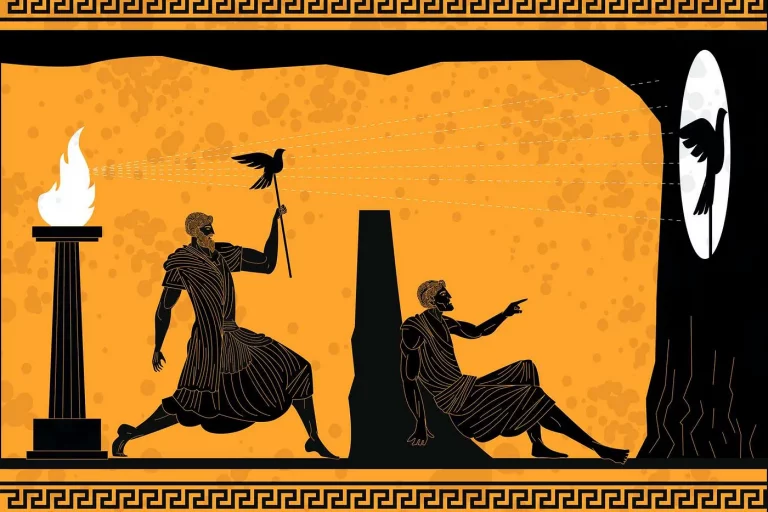Mike Kuniavsky on somatic data perception
His main point is that “augmented reality is the experience of contextually appropriate data in the environment. And that experience not only can, but MUST, use every sense available.”
He expands:
“If AR is the experience of any kind of data by any sense then we have the options to associate secondary data with secondary senses to create hierarchies of information that match our cognitive abilities.
For me, augmented reality is the extension of our senses into the realm of information shadows where physical objects have data representations that can be manipulated digitally as we manipulate objects physically. To me this goes further than putting a layer of information over the world, like a veil. It’s about enhancing the direct experience of the world, not to replace it, and to do it in a way that’s not about being completely in the background, like ambient data weather, or about taking over our attention.
So what I’m advocating for is a change in language away from “augmented reality†to something that’s more representative of the whole experience of data in the environment. I’m calling it “Somatic Data Perception†and I close on a challenge to you. As you’re designing, think about what IS secondary data and what are secondary, and how can the two be brought together?”
Mike Kuniavsky is a writer, designer, researcher and entrepreneur. His focus is the intersection of people and technology. His 2003 book, “Observing the User Experience,†has helped thousands of people understand the relationship between people and products, and it is used as a textbook by top universities around the world. His 2010 book, “Smart Things: ubiquitous computing user experience design†is a guide to the user-centered design of digital consumer electronics, appliances, and environments. He has designed dozens of award-winning product experiences that are used by tens of thousands of people every day. He is a cofounder of ThingM, an electronic hardware design, development and manufacturing company, and was a founding partner of Adaptive Path, an influential San Francisco internet consultancy.




